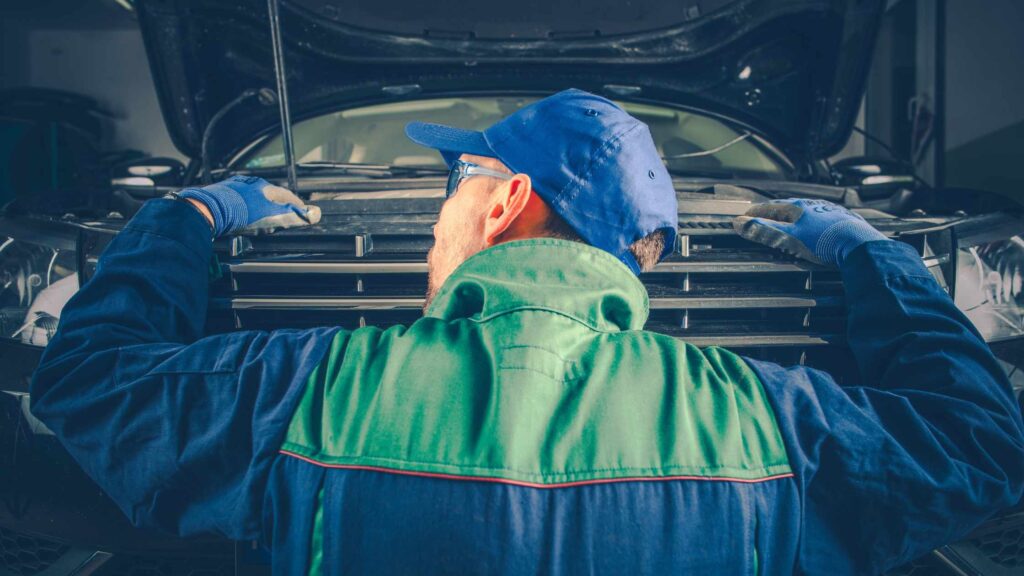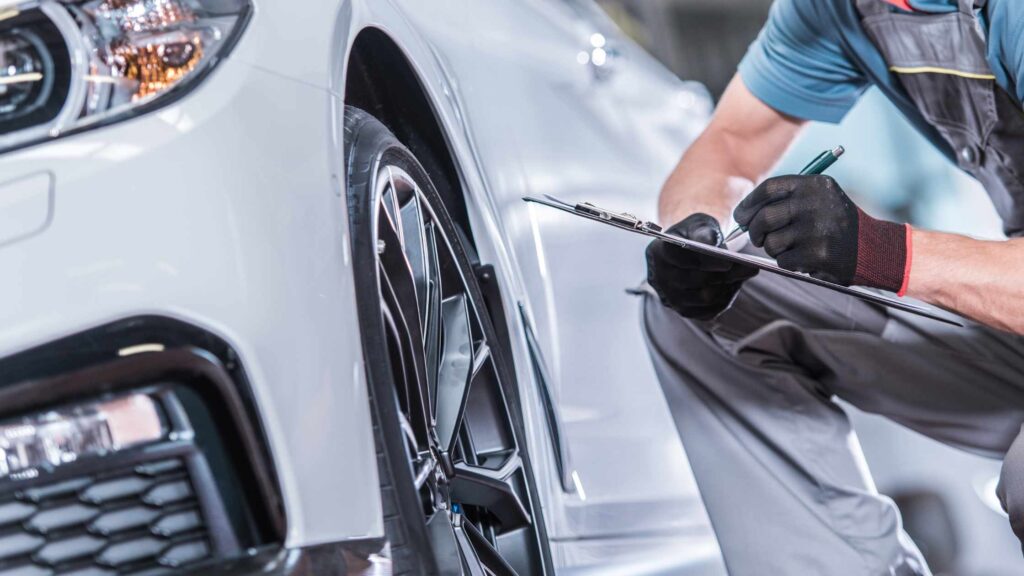Introduction
Car engines can make a variety of noises, some of which are perfectly normal, while others may indicate a problem. The key to ensuring your engine runs smoothly and efficiently is being able to identify and fix these common engine noises. In this article, we will discuss the different sounds you may hear from your engine, their potential causes, and the steps you can take to address them.
Identifying Engine Noises
Tapping or Clicking Noise
One of the most common engine noises is a tapping or clicking sound. This noise is often caused by a lack of lubrication in the valvetrain components. Over time, the oil may break down or become contaminated, resulting in inadequate lubrication. Insufficient lubrication can lead to increased friction and wear, resulting in a tapping noise.
Knocking Noise
If you hear a knocking noise coming from your engine, it could be an indication of a more serious issue. A knocking noise, often described as a metallic rattle, may be caused by worn-out or damaged connecting rod bearings. These bearings help the pistons move up and down smoothly in the cylinders. When the bearings wear out, they can produce a knocking sound during engine operation.
Grinding Noise
A grinding noise from the engine is never a good sign. It may suggest a problem with the internal components, such as the pistons or valves. The noise could be due to worn-out or damaged parts rubbing against each other. If you hear a grinding noise, it’s essential to have your engine inspected by a professional as soon as possible to prevent further damage.
Hissing or Whistling Noise
A hissing or whistling noise can indicate a problem with the engine’s belts or hoses. If a belt is loose, worn out, or damaged, it can produce a hissing sound as it slips on the pulleys. Similarly, a leak in a hose can cause a whistling noise as air or fluid escapes. It’s important to have your belts and hoses inspected and replaced if necessary to prevent potential engine damage.
Fixing Engine Noises
Regular Maintenance
Proper maintenance is crucial for preventing engine noises and avoiding more extensive repairs. Regular oil changes, using the manufacturer-recommended oil grade, can help ensure adequate lubrication of the engine components. Additionally, routine inspections of belts, hoses, and other engine components can identify potential issues before they turn into major problems.
Checking Oil Levels
If you hear a tapping or clicking noise, check your oil levels immediately. Low oil levels can lead to insufficient lubrication, causing these types of engine noises. If the oil level is low, top it up with the recommended oil grade. However, if you notice persistent tapping or clicking sounds even with adequate oil levels, it is best to consult a mechanic for further inspection.
Replacing Worn-Out Parts
If your engine noise is caused by worn-out or damaged parts, such as connecting rod bearings or valves, these components will need to be replaced. It is important to consult with a professional mechanic to accurately diagnose the issue and determine which parts need replacement. Attempting to fix these problems without proper knowledge and experience can cause further damage to the engine.
Belt and Hose Inspection
To address hissing or whistling noises, you should inspect the belts and hoses in your engine bay. Look for signs of wear, cracking, or looseness in the belts, and replace them if necessary. Similarly, check for leaks or damage in the hoses and replace any that are damaged. Regularly inspecting and maintaining these components can help prevent engine noise and ensure proper engine performance.
Summary
Engine noises can vary in severity and indicate different issues within your car’s engine. By identifying these noises early on and taking appropriate action, you can prevent further damage and keep your engine running smoothly. Remember to prioritize regular maintenance, check oil levels, and inspect belts and hoses to address common engine noises effectively. If you’re unsure about any engine noise you hear, consult a professional mechanic for a thorough inspection and proper repairs.







